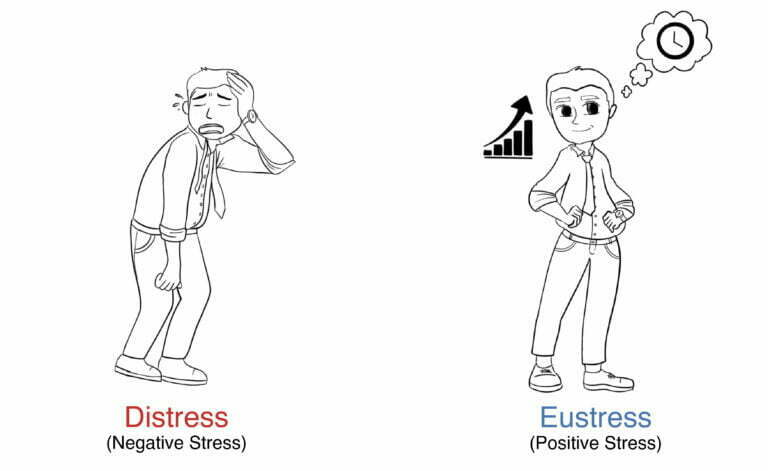Having coached many professional women, I have reached the unfortunate conclusion that there is still a significant gender bias when it comes to being assertive and self-confident in the workplace.
Many female leaders fear being perceived as not sufficiently “nice” and being judged as a difficult boss to work with — and with good reason. When women strive to meet the expectations and achieve the targets set by their employers, they are often labelled as demanding and bossy. The same behavior from men, on the other hand, is much more easily accepted — even celebrated!
Perfectionism and the pressure to never fail also play a huge role for women employees, preventing them from taking risks and making (necessary) mistakes when initiating a new task or a project. This can lead to an excessive “safeness” and slow down growth.
I have coached several women who were raised and are working in traditional cultures, where they are expected to lower their voice and be gentle, accommodating and agreeable. When they are promoted to leadership positions, even in multilateral organizations actively seeking women’s promotion and empowerment, they often feel a disconnect between what they are used to in terms of their social norms versus what it is explicitly or implicitly expected from them at the workplace.
In a sense, these organizations “throw them under the bus” — while simultaneously bragging about being gender champions. What do I mean by this? Well, newly appointed women leaders rarely benefit from targeted training and personalized coaching and mentoring programs. The reality is that female leaders face a specific set of leadership challenges and concerns. Not providing them with the support they need while still expecting them to perform their new jobs flawlessly reveals a failure to take gender inequities into account.
Leadership coaching is even more crucial for female leaders as studies show a disparity in developmental feedback given to men and women. Women are encouraged to focus on delivery rather than vision, coping with politics rather than leveraging politics, and collaboration rather than assertiveness. Overall, women tend to receive less actionable and less useful feedback for leadership advancement.
There is also a gender gap when it comes to self-promotion. A comprehensive study found that women subjectively describe their ability and performance less favorably than equally performing men. This obviously has a serious impact in interviews, performance reviews and other such environments, which in turn influences the course of women’s leadership journeys.
As a coach, I have felt very encouraged to witness many of my female coachees become more confident and overcome the fear of being negatively perceived by their team members. The coaching framework gave them the tools, awareness and empathetic listening needed to bounce around new ideas, dare to take necessary risks, and become bolder, more assertive leaders.
Self-confidence is like a muscle that grows stronger with practice. According to the renowned psychologist Albert Bandura, the most effective way to build self-efficacy is through mastery experiences. Success allows you to build belief in your own abilities.
A good way to start your self-confidence journey is to commit to doing one thing each day that scares you. Regularly getting out of your comfort zone creates opportunities for small successes, which cumulatively reinforce self-belief and self-confidence.



